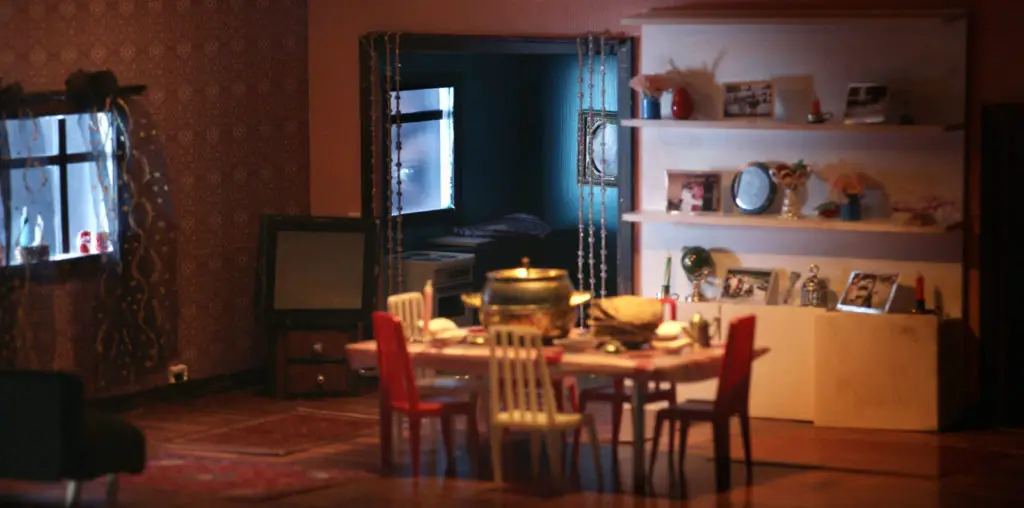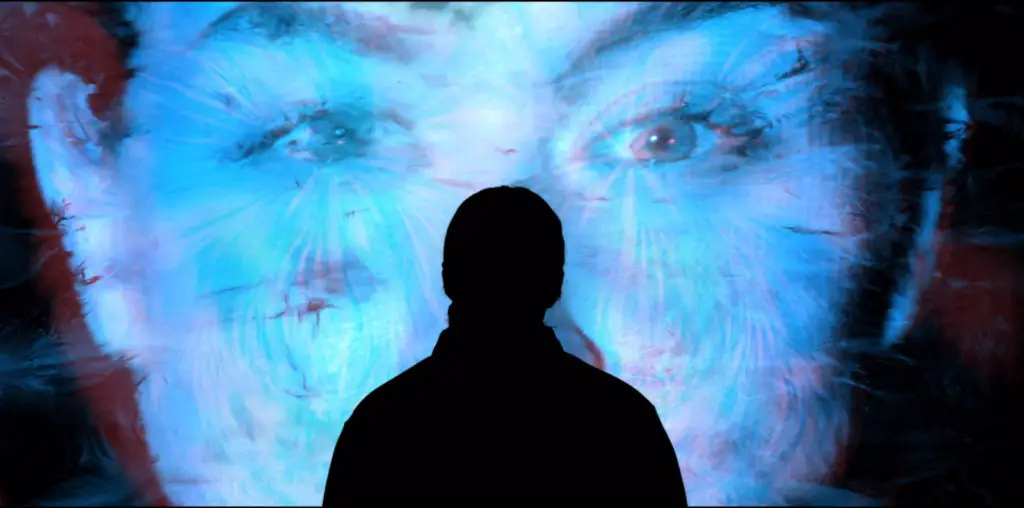
Life was rough for citizens of the economically depressed Weimar Germany, but the Expressionist works they watched must have shocked the worry right out of mind. When we watch Pabst, “Caligari,” or Lang’s “M” or “Destiny” today, the films take on a distinct nightmarish quality – foreign in sensibility but universal in their themes. Filmmakers who tribute these styles may toy with the approach but cannot abandon the effect: Guy Maddin’s works recall silent traditions (I.e., Germany, the Soviets, and the early melodrama of America), even if he mashes them into frenzy.
A straight-up pastiche is another matter, which we have in “Prometheus Triumphant” – a film that rewards with its style, even if it falls short on content. The film’s opening hold much promise, as a plague’s approach moves Janick (Josh Ebel) to offer his reanimating method to help treat the dead. Looking like a doomed prophet, he demonstrates his magic to the town’s doctors, who curse it as blasphemous. At once, we have the sickness that inspired Murnau’s iconic vampire, “Nosferatu,” fused with a new take on the Frankenstein mythos. The “fire” surging into the flesh cannot move ignorance, and hence we expect a world of horror to descend upon the narrative.
The only horror we find is Janick’s, when his love, Esmeralda (Kelly I. Lynn), falls to sickness. His energies go to reviving her, which writer/directors Jim Towns and Mike McKown show occurring in the bowels of some large machinery. Esmeralda’s rebirth is slow, deliberate, but hardly fetishistic – though Lynn’s constant nudity seems a little gratuitous. She awaits in water, hangs from rafters, then rises to reoccupy her stiffened corpse. The filmmakers muse on the nature of death by revealing it in reverse.
We can’t fault Town and McKown for their anachronisms galore. A minimal budget just couldn’t produce a purist’s level of period detail, even if the occasional actor appears to be playing dress-up. The direction is tight throughout, with all the footage well-framed and a grittiness to the digital black and white photography, shot and edited by McKown. (Shots of flames come off especially well, suitable considering the film’s title and extended metaphor.) Lucien Desar’s score is also a treat for fans of German Expressionism, with cello-centered numbers adding tension to this warped reality.
The film’s overall style wants more than Janick’s quest to reanimate one woman – an entire world seems doomed, if only Town’s scenario could show it. Shortchanging on plot, the film is still a fun celebration of a classical tradition.


